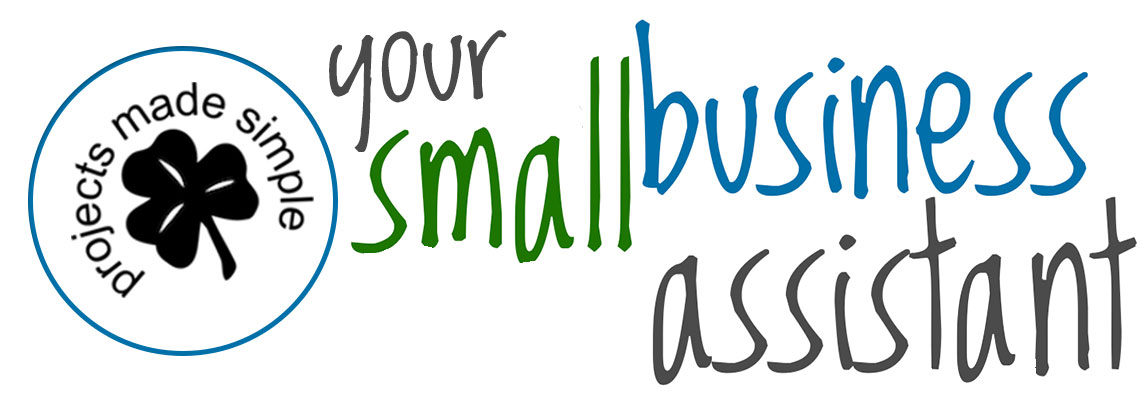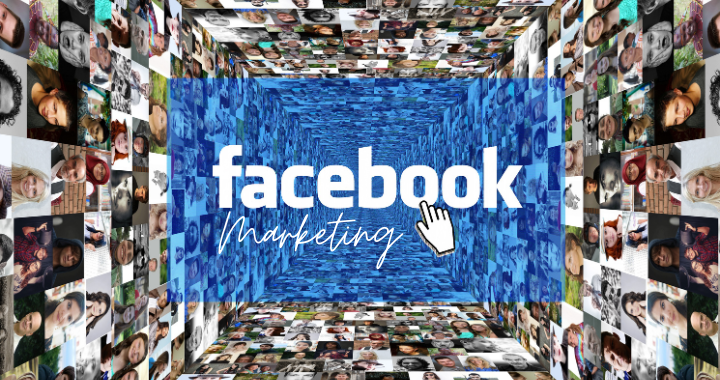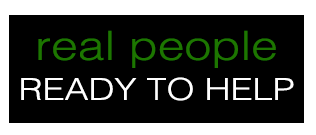Facebook is one of the most popular social media platforms in the world, with over 2.9 billion monthly active users as of 2021. With such a large user base, it’s no surprise that many businesses have turned to Facebook as a marketing tool. In this blog, we will explore the benefits of Facebook marketing and how businesses can use it to reach their target audience.
First and foremost, Facebook allows businesses to reach a large audience quickly and easily. With over 2 billion people logging into Facebook every day, businesses can leverage this platform to reach potential customers from all over the world. Facebook also provides a variety of tools and features that make it easy for businesses to create and run targeted ads, track their ad performance, and measure their return on investment (ROI).
One of the biggest advantages of Facebook marketing is the ability to target specific demographics. Facebook collects a vast amount of user data, such as age, gender, location, interests, and behaviors. This information enables businesses to create highly targeted ads that are more likely to resonate with their target audience. For example, a business selling high-end women’s clothing could create an ad targeting women between the ages of 25 and 45 who have shown an interest in fashion.
Facebook also offers a variety of ad formats that businesses can choose from, including image ads, video ads, carousel ads, and more. Each ad format has its unique benefits and can be used to achieve different marketing objectives. For instance, video ads are ideal for showcasing a product or service in action, while carousel ads allow businesses to showcase multiple products or services in a single ad.
Another key feature of Facebook marketing is the ability to retarget users who have previously interacted with your business. Facebook’s retargeting capabilities allow businesses to show ads to users who have visited their website, added items to their cart, or engaged with their content on Facebook. This can help businesses reach users who are already familiar with their brand and may be more likely to convert.
In addition to its advertising capabilities, Facebook also provides businesses with a range of tools to help them engage with their audience and build their brand. For example, businesses can create a Facebook page to share updates, news, and promotions with their followers. They can also use Facebook groups to connect with like-minded individuals and build a community around their brand.
Furthermore, Facebook allows businesses to track their performance and measure their ROI using a variety of metrics. Businesses can track the number of clicks, impressions, conversions, and other key performance indicators to determine the effectiveness of their ads and make data-driven decisions.
In conclusion, Facebook marketing can be an incredibly powerful tool for businesses looking to reach their target audience and grow their brand. With its vast user base, powerful targeting capabilities, and variety of ad formats, businesses can create highly targeted ads that are more likely to resonate with their audience. Additionally, Facebook provides businesses with a range of tools to engage with their audience and track their performance, enabling them to make data-driven decisions and optimize their campaigns for maximum ROI.
References:
“Facebook Reports Fourth Quarter and Full Year 2020 Results.” Facebook Investor Relations, 27 Jan. 2021, investor.fb.com/investor-news/press-release-details/2021/Facebook-Reports-Fourth-Quarter-and-Full-Year-2020-Results/default.aspx.
“Facebook Ads: A Comprehensive Guide to Paid Social Advertising.” Hootsuite, 4 Mar. 2021, blog.hootsuite.com/facebook-ads-guide/.
“Facebook Marketing: A Comprehensive Guide for Beginners.” Neil Patel, 12 Mar. 2021, neilpatel.com/blog/facebook-marketing/.




